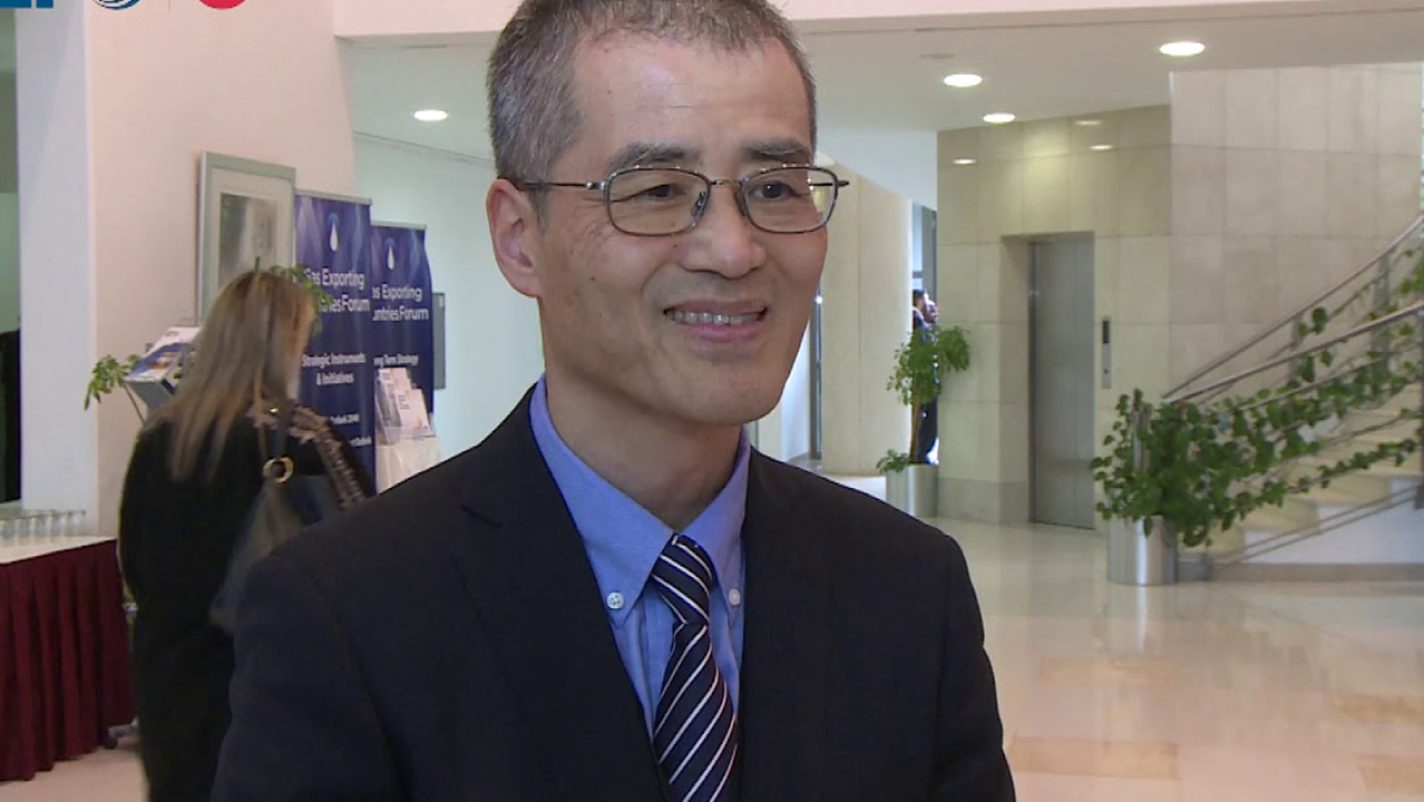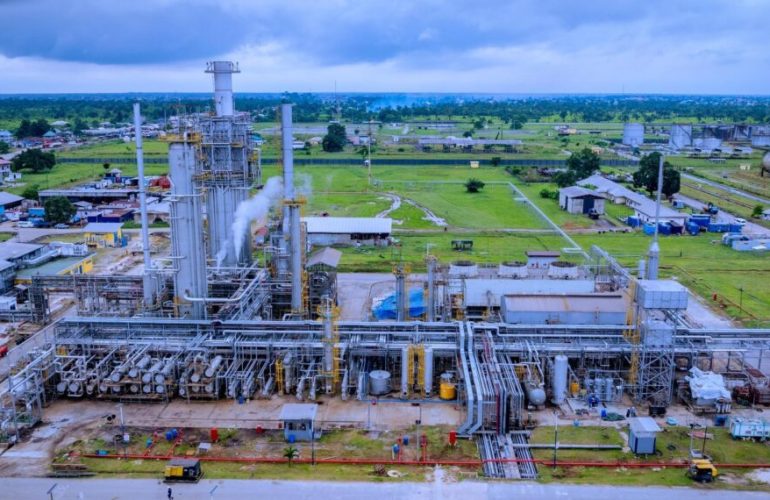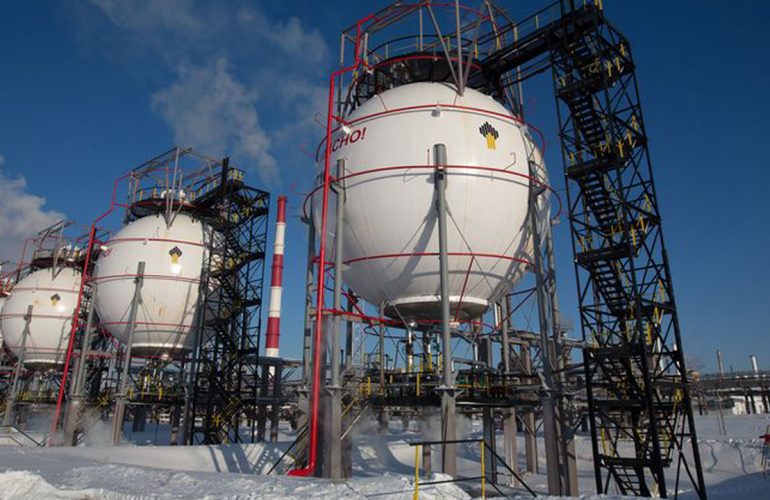The global energy crisis has caused a record demand for natural gas as countries seek to reduce reliance on traditional fossil fuels, the International Energy Agency’s (IEA) has said in this week’s industry report.
IEA in its global gas security review noted that the crisis has reshaped natural gas markets, highlighting the need for closer dialogue between producers and consumers to ensure the security of supply.
Sparked by Russia’s invasion of Ukraine, the report noted that the crisis transformed the structure of the natural gas market, forcing it to require closer dialogue between producers and consumers looking to ensure both short- and longer-term security of supply and reduce emissions.
IEA’s Director of Energy Markets and Security, Keisuke Sadamori, said the new global gas market is taking shape after last year’s crisis, noting that responsible producers and consumers must reconsider their approaches to supply security and flexibility, cooperating more closely.
“Meaningful efforts are also needed to reduce the carbon footprint of gas supply chains, including through greater use of low-emissions gasses”.The agency revealed that if injections continue at the average rate observed since mid-April, EU storage sites could be filled close to 100 per cent by mid-September and full storage sites are no guarantee against market volatility during the winter
Also, Executive Director, IEA, Faith Birol, said solar is set to attract more capital than global oil production in 2023 for the first time. He said it reflected the major shift taking place in energy systems around the world as a sign that clean energy is moving faster than many people think.
The World Energy Association, in its response, said the transition isn’t only about a more sustainable energy future, but also reflects changing economic and societal values.
The association stressed that as technology continues to advance and the costs of solar panels decrease, widespread adoption should be expected.
“This is a significant milestone, it underscores the global shift towards renewable energy and the decreasing reliance on fossil fuels. The fact that solar panel installation is attracting more capital indicates a strong belief in its long-term viability and profitability,” it stated.
The agency emphasised the role of critical minerals in the clean energy transition as an energy system powered by clean energy technologies differs profoundly from one fuelled by traditional hydrocarbon resources.
It stressed that scaling up clean energy spending in emerging and developing economies can improve energy access and security, jobs creation, industry growth and more, noting that public spending alone is not enough to do this as greater private financing is vital.
“Critical minerals like copper, lithium, nickel, cobalt and rare earth are essential components in clean energy technologies, ensuring reliable supplies of these minerals will be vital to supporting efforts to reach climate and energy goals”.
The agency stated that a typical electric car requires six times the mineral inputs of a conventional car and an offshore wind plant requires 13 times more mineral resources than a similarly sized gas-fired plant.
It revealed that since 2010, the average amount of mineral resources needed for a new unit of power generation capacity has increased by 50 per cent as the share of renewables in new investment has risen.
Rare earth elements are essential for permanent magnets used in wind turbines and electric vehicles (EV), noting that electricity networks need a huge amount of copper and aluminum, with copper being a cornerstone for all electricity-related technologies.
The agency stated that mineral demand for clean energy technologies is set to quadruple by 2050 in both the announced pledges and net zero scenarios, with annual revenues reaching $400 billion as high and volatile critical mineral prices and highly concentrated supply chains could delay energy transitions or make them costlier.
“As countries accelerate their efforts to reduce emissions, they also need to make sure that energy systems remain resilient and secure. The rising importance of critical minerals in a decarbonising energy system requires energy policymakers to expand their horizons and consider potential new vulnerabilities.
“It is essential to ensure diverse, resilient and secure clean energy supply chains, including for critical minerals.”





